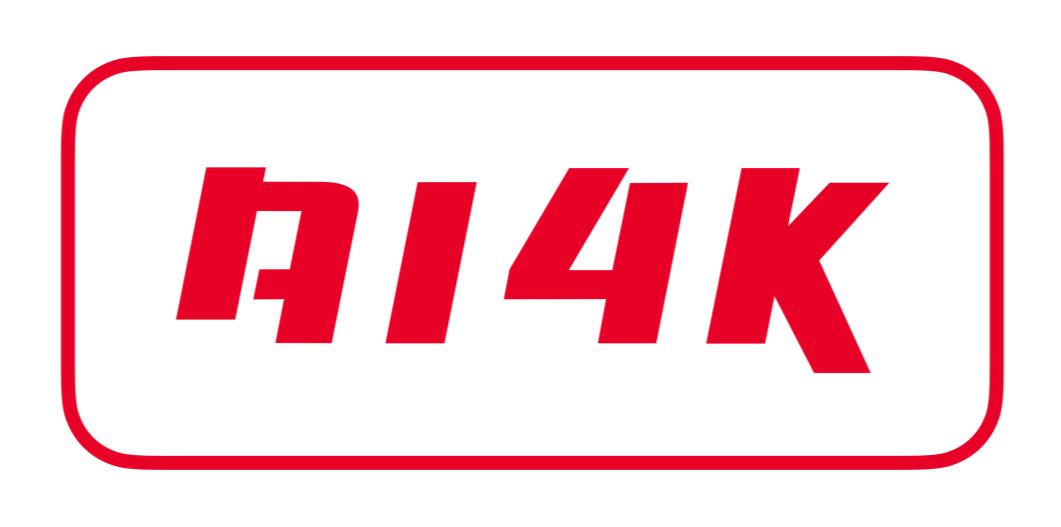What is Web Crawling Neutrality?
Web Crawling Neutrality is a concept that refers to equal treatment for all search engine crawlers, regardless of the company they belong to, in accessing websites for indexing purposes.
Why is building a comprehensive index of the web a requirement for search engines?
Building a comprehensive index of the web is a crucial step for search engines as it allows them to provide relevant search results to users.
What percentage of the market do search engine providers control?
With a market share of almost 90%, Google dominates the search engine sector. While newer competitors like DuckDuckGo and Baidu are becoming more popular, other search engines like Bing and Yahoo have considerably smaller market shares.
What distinguishes a meta search engine from a crawler search engine?
A meta-search engine and a crawler-based search engine are two independent categories of search engines.
Crawler-based search engines traverse the web and construct their index of online sites using an automated application called a web crawler. Crawler-based search engines include Google, Bing, and Yahoo as examples.
On the other hand, a meta-search engine is a search tool that sends a user’s query to a number of search engines and merges the results into a single list. Instead of using its own database of websites, a meta-search engine gets its results from the indexes of other search engines. Examples include the meta-search engines Dogpile, MetaCrawler, and MozDeck.
What is the ChatGPT data source?
OpenAI’s ChatGPT was trained on a wide variety of text data, including the sources listed below:
a massive corpus of more than 700 billion words gathered from the internet.
- Publicly accessible books, such as those from Project Gutenberg, are classified as books.
- News articles: Pieces of writing from various news sources.
- Text information obtained from social media sites like Twitter and Reddit.
- Websites: A variety of websites, such as discussion boards, blogs, and e-commerce platforms.
- Wikipedia: The training data also included information from the English-language Wikipedia.
Do OpenAI crawl websites to feed ChatGPT?
Yes, OpenAI likely crawled websites and other text sources to gather the data used to train ChatGPT. This data was then processed and used to train the model to generate text based on patterns and relationships it learned from the input data.
The training process involves feeding the model large amounts of text and adjusting its internal parameters to minimize the difference between its predictions and the actual text in the training data. The end result is a model that can generate text that is similar to the styles and patterns present in the training data.
Do websites block non-Google crawlers?
Websites block non-Google crawlers by either disallowing access in their robots.txt files or by returning errors instead of content.
Why do websites prevent search engine crawlers from accessing them?
In order to weed out unwanted actors and safeguard their network capacity, websites restrict access to search engine crawlers like Neevabot.
What is Neevabot?
The crawler employed by the new search engine Neeva to index the web is called Neevabot.
How does Neeva deal with limitations set by websites?
Neeva implements a policy of crawling a site only if the robots.txt allows GoogleBot and does not disallow Neevabot. Despite this, Neeva still faces difficulties accessing portions of the web that contain valuable search results.
How does Neeva work around these roadblocks?
Neeva builds a well-behaved crawler that respects rate limits, but still faces obstacles such as rate throttling by websites. Neeva has to use adversarial workarounds, such as crawling using a rotating bank of proxy IPs, to access these sites.
What is the problem with the discrimination against non-Google crawlers?
The current situation, where websites discriminate against non-Google crawlers, stifles legitimate competition in search and reinforces Google’s monopoly in the field.
Neeva and other new search engines have to spend a lot of time and resources coming up with workarounds and hope for goodwill from webmasters.
Why is it important for regulators and policymakers to step in?
Regulators and policymakers need to step in to ensure a level playing field for all search engines and promote competition in the field. The market needs crawl neutrality, similar to net neutrality, to prevent anti-competitive market forces from hindering new search engine companies.
What is the answer to a neutral web crawling policy?
The answer is to treat all search engine crawlers equally, regardless of their affiliation.
Webmasters shouldn’t have to decide whether to allow Google to crawl their websites or not appear in Google results.
The use of free-roaming search engines like GoogleBot should be prohibited until they are forced to share their data with responsible parties if webmasters find it too difficult to discern between harmful and reputable search engines.
Is there any special advantage for Bing or Google if they implement a conversational AI tool in search engines, relative to other search engines?
Yes, there can be an advantage for Bing or Google if they implement an AI conversational tool on their search engines. By incorporating AI conversational technology, they can provide a more interactive and personalized experience for their users.
This can help them differentiate their services from other search engines and increase user engagement, which can in turn drive more traffic and revenue.
Additionally, having an AI conversational tool can help them collect and analyze more data about their users’ search queries and preferences, which can further improve their search results and user experience.
What is the advantage of Bing and Google being preferred for crawling?
Bing and Google having information from crawled websites and preference for crawling information from websites is a significant advantage for them over other search engines. They have been around for a long time and have built up a comprehensive index of the web, which allows them to provide more accurate and relevant search results.
They also have relationships with websites (through robots.txt) that allow them access to index their content, whereas new search engines may struggle to scan websites and get the essential data, because other crawler bots may be blocked by default in the robots.txt file. New search engines may not have the same amount of information and data to work with as a result, which puts them at a disadvantage.
Therefore, Bing and Google have an edge in the search engine industry and make it harder for new search engines to compete with them because they have a well-established and thorough index of the web and access to crawl information from websites.

